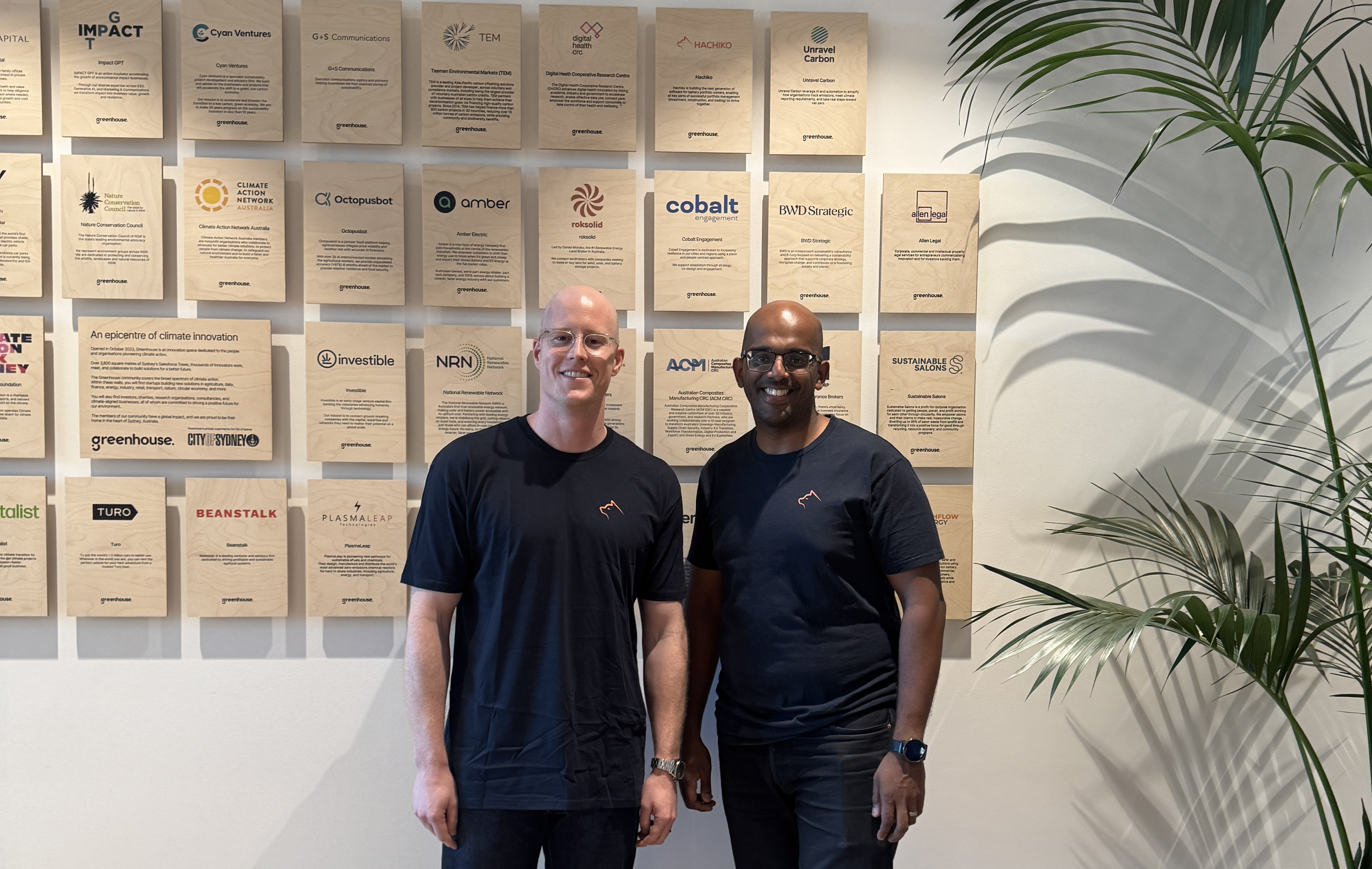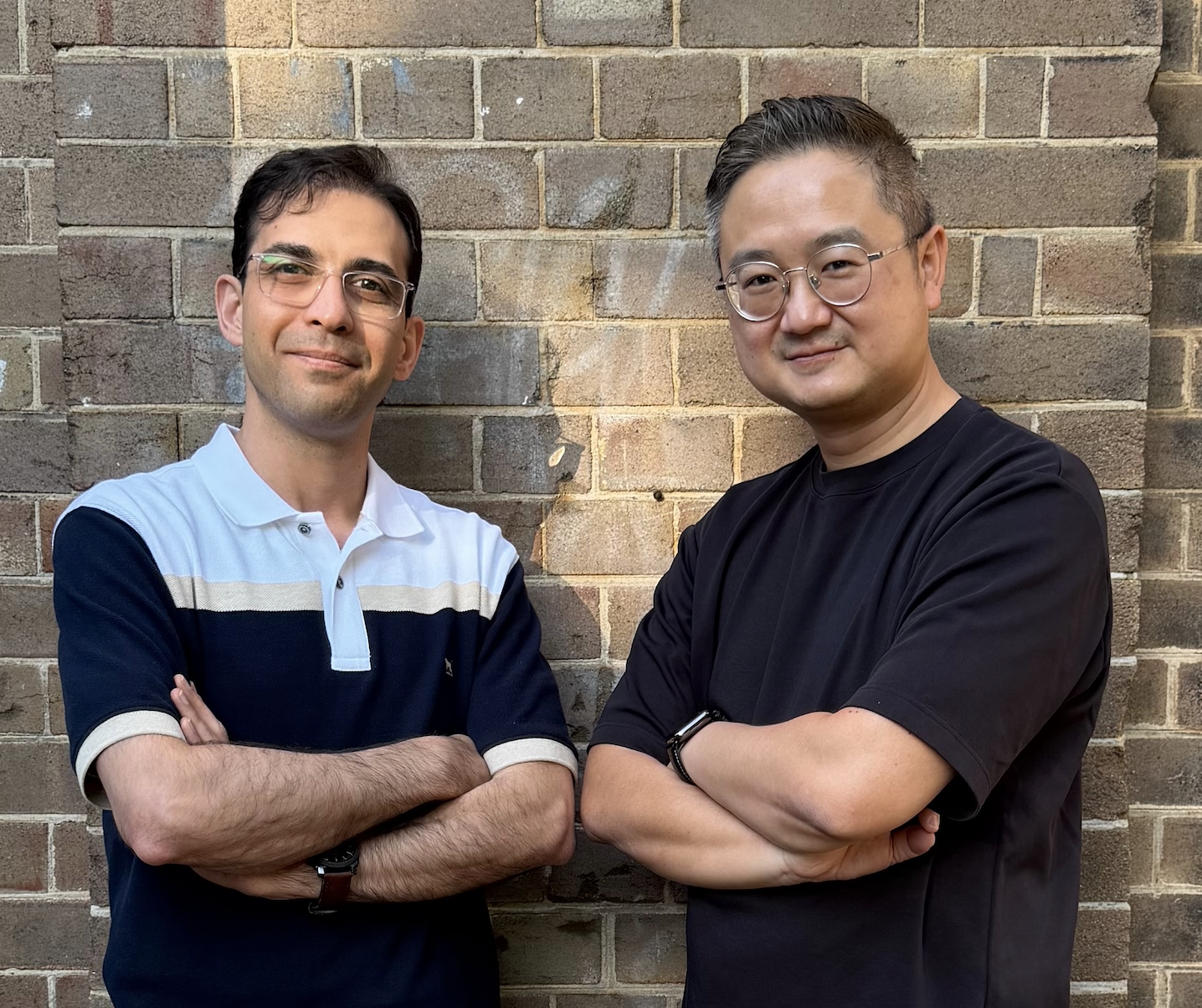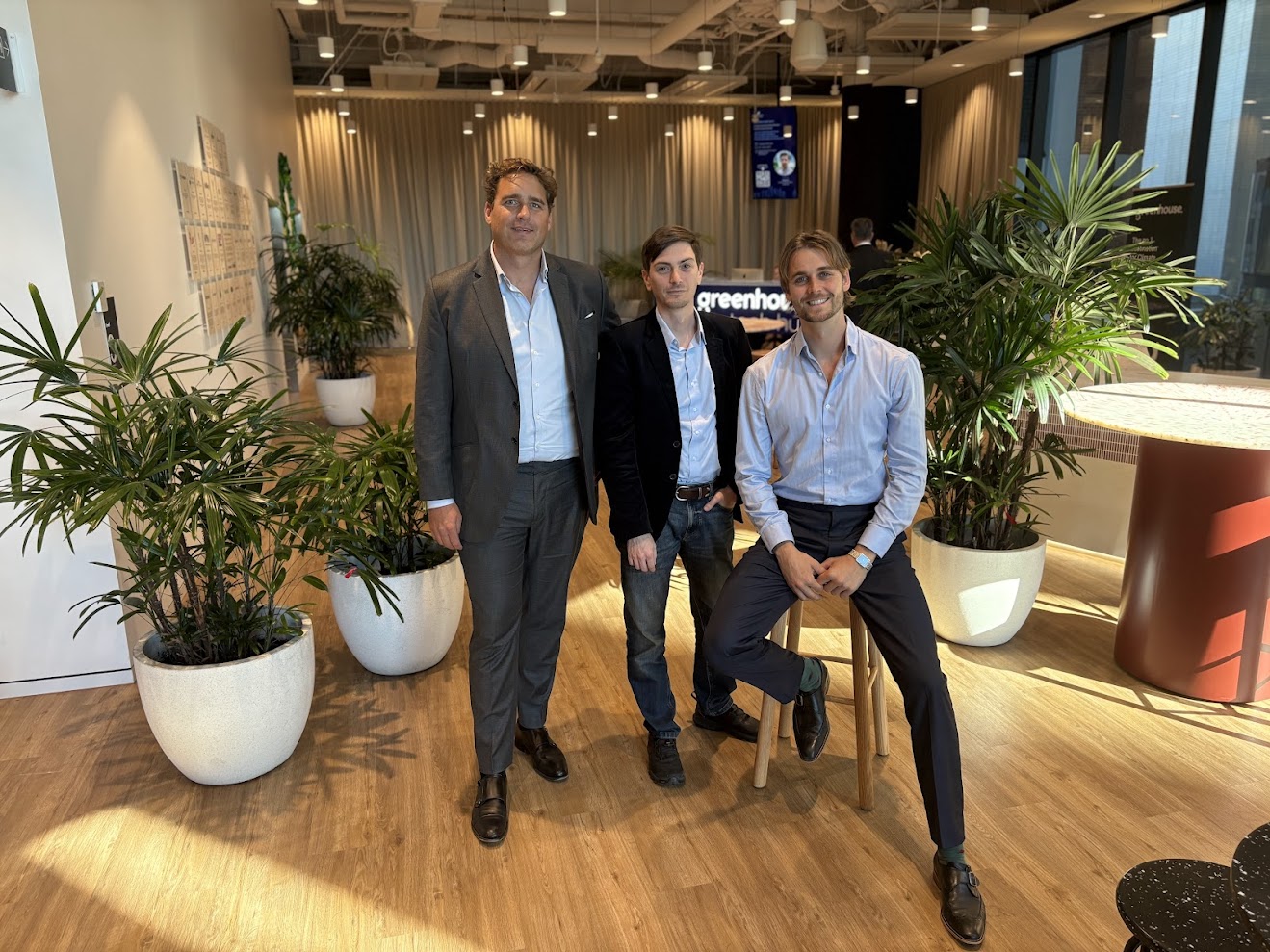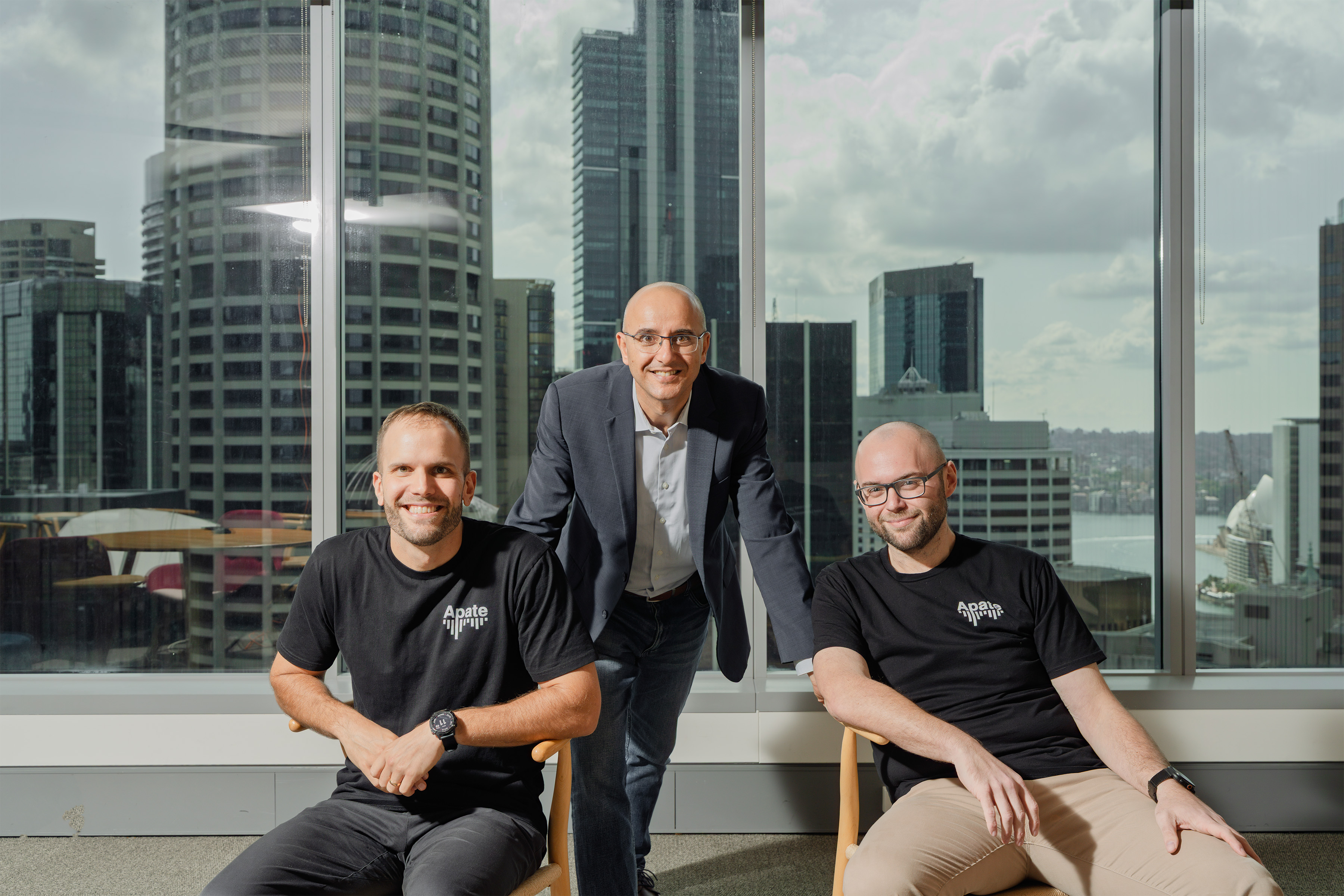
Investible’s Climate Tech Fund led DeCarice’s pre-seed round. In these investment notes, we will share insights into why we chose to work with DeCarice over the past 12months and then invest in the company to continue building with co-founders Goran Bozic and Shawn Kook as they look to build and rapidly deploy their hydrogen-hybrid around the globe.
Heavy Duty Decarbonisation risks USD 11T in stranded assets
As heavy industry struggles to decarbonise and seek out electric alternatives, purchases are still being made on long-term diesel assets.
Due to the economic changes implied by the new net-zero pledges, up to 50% of fossil fuel assets (including power generators and heavy-duty transport) may be worthless and stranded by 2036, resulting in losses between USD 7 trillion and USD 11 trillion. Think off road tractors, mining equipment, bulldozers, locomotives, backhoes, power generators and maritime fleets, especially ferries and tugboats. With significant effective lives between 20 years (heavy haul diesel trains) and 25 years (diesel locomotives), and technical and operational challenges surrounding the energy density of batteries, companies are being challenged by the switch to electrification.
Decarbonising big machines presents challenges with gravimetric and volumetric density
Despite electric drivetrains having operating cost benefits over alternative clean fuels, operating costs are only half of the equation.
There are two major constraints currently holding back electrification in heavier duty vehicles and industry:
- Energy density – both in the form of volumetric and gravimetric density
- Charging capacity

Big vehicles and equipment are often weight and space constrained; maximising the ability to lift and move things often requires reducing any weight not associated with the payload. Batteries are usually about two times heavier(gravimetric density) than fossil fuels and require nearly twenty times as much space (volumetric density) to carry the same amount of energy as a diesel tank, and twice as much space as compressed hydrogen.
While batteries are still suitable for smaller vehicles, for larger vehicles with tight parameters around weight, volume, and range tolerances, even current optimistic targets are falling short.
Hydrogen has a big advantage over batteries when it comes to range and refuelling rate.It’s the most gravimetrically dense transport fuel, and it flows into a vehicle nearly as quickly as diesel. However, volumetric density and the cost of hydrogen are still challenges.
Australia is emerging as the global frontrunner in green hydrogen
To address challenges with the costs associated with green hydrogen, Australian public and private investment in the space has accelerated in recent years. TheAustralian Government is investing more than AUD 500M to support the development of hydrogen hubs in regional Australia and ambitiously wantsAustralia to remain on a path to be a global hydrogen leader by 2030, both on an export basis and for the decarbonisation of Australian industries. With a goal of less than AUD 2/kg and the development of an export supply chain based on green hydrogen, it is a very ambitious target.
Australia’s unique position has seen a rising demand for green hydrogen from Japan andSouth Korea, where land constraints are likely to restrict widespread domestic production of “green” versions of the fuel. This has led investors in those nations to turn to Australia for hydrogen fuel to take advantage of theJapanese subsidy schemes and South Korean government spending on green hydrogen projects.
The spending is not limited to this region, with similar investments being made inAmerica, where the Regional Clean Hydrogen Hubs Program (H2Hubs) includes up to$7 billion to establish six to ten regional clean hydrogen hubs across America.

DeCarice’s technology is best in class with additional fuels on the horizon
DeCarice’s technology has been developed at the UNSW Engine Research Laboratory under the guidance of Co-founder and CTO, Professor Shawn Kook. With results published in the International Journal of Hydrogen Energy showcasing DeCarice’s hydrogen hybrid technology’s ability to reduce CO2 emissions to just 90 g/kWh, 85.9% below the amount produced by the diesel-powered engine, the dual-direct injection system can substitute up to 90% diesel with hydrogen with no change in performance, and the innovative injection scheme is able to directly control NOx to diesel baseline levels or below. DeCarice’s injection technology is best-in-class.
This has resulted insignificant interest from notable South Korean and Japanese engine manufacturers who are considering partnering with DeCarice, and strong traction among industrial diesel fleet operators who value the uniquely practical combination of decarbonisation, fuel flexibility and uptime assurance. Additionally, through a UNSW TRaCE program, the technology is being developed towards mining-scale large-engine applications.
BP Scholar and Leading Combustion Engineer
The founders of DeCarice, Goran Bozic (CEO) and Professor Shawn Kook (CTO), bring decades of experience in mechanical and automotive industry, with a focus on combustion engines.
Goran Bozic, who worked as an engineer from 2007 until 2018 before moving into commercial roles, was a university medallist in mechanical engineering at UNSW and also received a full post graduate scholarship from BP to pursue a master’s in automotive engineering in the UK. This led him to secure engineering roles where he developed engines for companies including Ford, McLaren, GE Power and JCB, as well as playing a key role in diesel outboard motor startup Cox Marine as a principal engineer.Goran then moved into a regional management role for Cox Marine, responsible for business development, distribution and after sales capabilities across the APAC region for the past six years.
Professor Shawn Kook is the Director of the UNSW Engine Research Laboratory. Shawn is a former post-doctoral researcher at the U.S. Department of Energy's Sandia National Laboratories (2007-2009), has authored over 240 peer-reviewed papers, and holds numerous engineering awards for his work on hydrogen-diesel hybrid engine technology. He was recently featured In the Society of Automotive Engineers'Class of 2023 Fellows, the society's highest form of recognition of contributions to mobility technology.
The team at Investible is delighted to be joining Goran and Shawn on their journey as they look to decarbonise difficult, large-scale diesel engines and generators.







